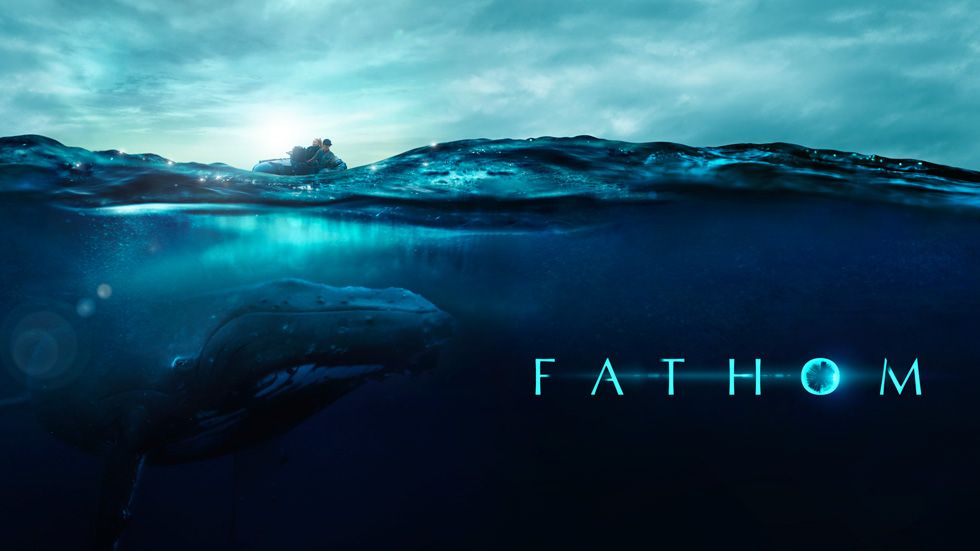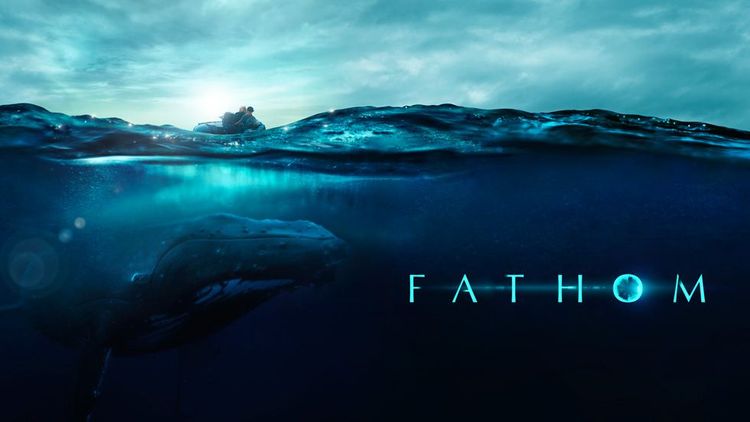Looking for a way to get students excited about STEM? Movies about technology can make learning fun and engaging. They spark curiosity, inspire creativity, and even teach problem-solving. Let’s find out which are the best technology movies for students.
The Lego Movie
Grades: 1+
This film is a fantastic way to introduce young students to the concept of creative engineering. As characters embark on their block-building journey, they use innovative solutions to save the world.
Teacher Tips:
- Identify the engineering design process in the movie.
- Use Lego bricks or Minecraft for hands-on problem-solving activities.
- Document and share the creative process.
Discussion Questions:
- Which creation was your favorite and why?
- How might real-life engineers alter their design process under pressure?
- How do the characters demonstrate teamwork?
Big Hero 6
Grades: 2+
This Disney film follows a young genius who invents microbots. After a tragedy, he and his friends use their STEM skills to battle a villain.
Teacher Tips:
- Have students brainstorm and design solutions to community problems.
- Encourage teamwork and the use of unique talents.
Discussion Questions:
- How can engineering solutions both help and hurt humanity?
- What skills do you have that could help a team?
- How does creativity fuel the characters?
Dream Big: Engineering Our World
Grades: 2+
This documentary showcases diverse engineers working on projects like earthquake-proof structures and footbridges.
Teacher Tips:
- Inspire students to join or create engineering clubs.
- Research global engineering projects and discuss their impact.
Discussion Questions:
- How does engineering affect our daily lives?
- Why highlight women engineers?
- Why is diversity in engineering important?
Fathom

Grades: 3+
Follow two female scientists as they study whale communication, illustrating fieldwork's excitement and frustrations.
Teacher Tips:
- Discuss the scientists' process and data collection.
- Explore cetacean biology and the science of sound.
Discussion Questions:
- Why is studying whale communication valuable?
- What is their goal?
Inventing Tomorrow
Grades: 3+
This documentary follows teen scientists tackling environmental challenges, culminating in the Intel International Science and Engineering Fair.
Teacher Tips:
- Discuss the environmental challenges and scientific methods.
- Investigate local issues and potential solutions.
Discussion Questions:
- How did they use the scientific method?
- What other approaches could they take?
Hidden Figures
Grades: 4+
This true story highlights African American women at NASA in the 1950s and '60s, showcasing their critical contributions.
Teacher Tips:
- Construct and solve mathematical equations related to orbits.
- Use computer simulations to model Newton's second law.
Discussion Questions:
- What are the implications of technology replacing human roles?
- How did gender roles affect STEM fields in the 1950s and '60s?
Underwater Dreams
Grades: 4+
An inspiring documentary about a robotics team from a low-income high school competing against university teams.
Teacher Tips:
- Introduce buildable and programmable robots like Sphero and Cue.
- Promote teamwork and robotics clubs.
Discussion Questions:
- What made the team overcome obstacles?
- Why is underwater robotics challenging?
Apollo 13
Grades: 6+
This classic film highlights the technical issues faced by the doomed NASA spacecraft and the DIY solutions that saved them.
Teacher Tips:
- Model physics concepts using rocket launch and reentry scenes.
- Have students build or code rockets and document their process.
Discussion Questions:
- How has technology changed since the 1960s?
- Where should NASA focus its efforts today?
Black Panther
Grades: 6+
This Marvel film showcases advanced technology in a fictional African nation, highlighting themes of innovation and cultural heritage.
Teacher Tips:
- Discuss the real-world technologies that inspired Wakanda's advancements.
- Explore the intersection of technology and culture.
Discussion Questions:
- How does Wakanda balance tradition with innovation?
- What real-life technologies are similar to those in the movie?
The Martian

Grades: 7+
This film follows an astronaut stranded on Mars who must use his STEM knowledge to survive.
Teacher Tips:
- Analyze the scientific accuracy of the survival techniques.
- Discuss the real challenges of space travel and colonization.
Discussion Questions:
- How does problem-solving play a role in the film?
- Which scientific principles are crucial for survival on Mars?
Interstellar
Grades: 8+
A team of explorers travels through a wormhole in space in an attempt to ensure humanity’s survival.
Teacher Tips:
- Explain complex scientific concepts like black holes, relativity, and time dilation.
- Encourage students to research current space exploration missions.
Discussion Questions:
- What ethical dilemmas arise from the mission?
- How do scientific theories translate into practice?
The Imitation Game
Grades: 8+
This historical drama tells the story of Alan Turing and his work to crack the Enigma code during World War II.
Teacher Tips:
- Introduce basic principles of cryptography and computer science.
- Discuss the historical context and Turing’s contributions to modern computing.
Discussion Questions:
- How did Turing’s work influence modern technology?
- What ethical considerations are involved in cryptography?
Transcendence
Grades: 9+
A scientist's consciousness is uploaded into a computer, exploring the future potential of artificial intelligence.
Teacher Tips:
- Debate the ethical implications of AI and human consciousness.
- Research current AI technologies and their potential impacts.
Discussion Questions:
- What are the potential benefits and risks of AI?
- How might AI alter human identity and society?
The Social Network
Grades: 10+
This film chronicles the creation of Facebook and the ensuing legal battles.
Teacher Tips:
- Examine the rise of social media and its impact on communication.
- Discuss the ethical issues related to data privacy and entrepreneurship.
Discussion Questions:
- How has social media transformed society?
- What ethical dilemmas did the characters face?
Ready Player One
Grades: 10+
In a dystopian future, people escape their harsh reality by entering a virtual reality world called the OASIS.
Teacher Tips:
- Explore the concept of virtual reality and its current applications.
- Discuss the potential social and psychological impacts of immersive technologies.
Discussion Questions:
- How does virtual reality shape the characters' lives?
- What are the pros and cons of living in a virtual world?
Conclusion
By using these movies, educators can create a dynamic and engaging learning environment that brings STEM concepts to life. These films not only entertain but also challenge students to think critically and creatively about the world around them.




